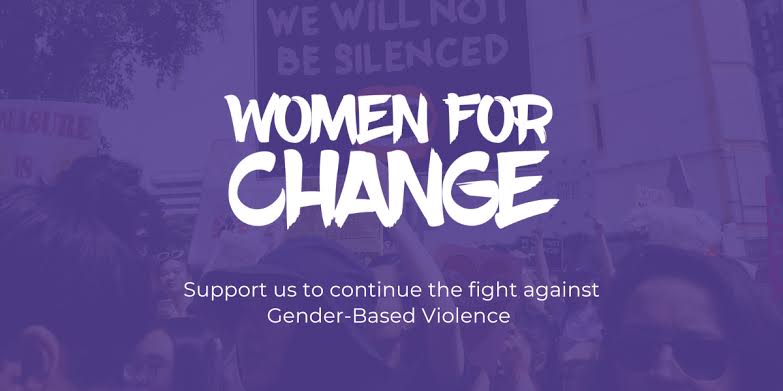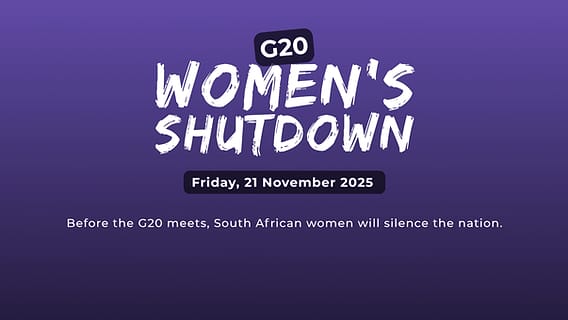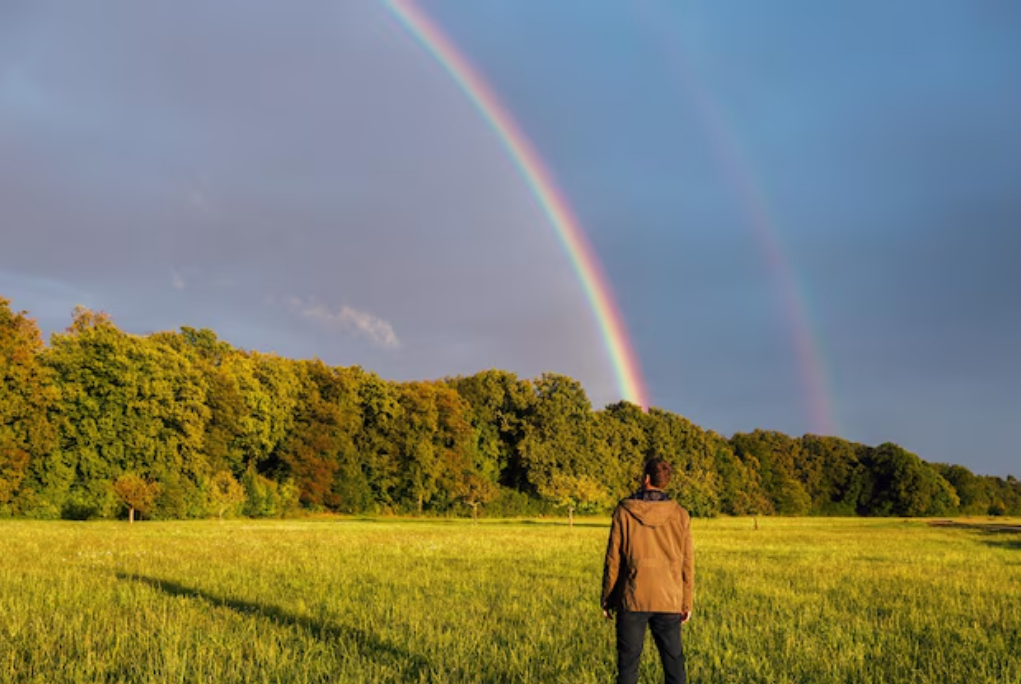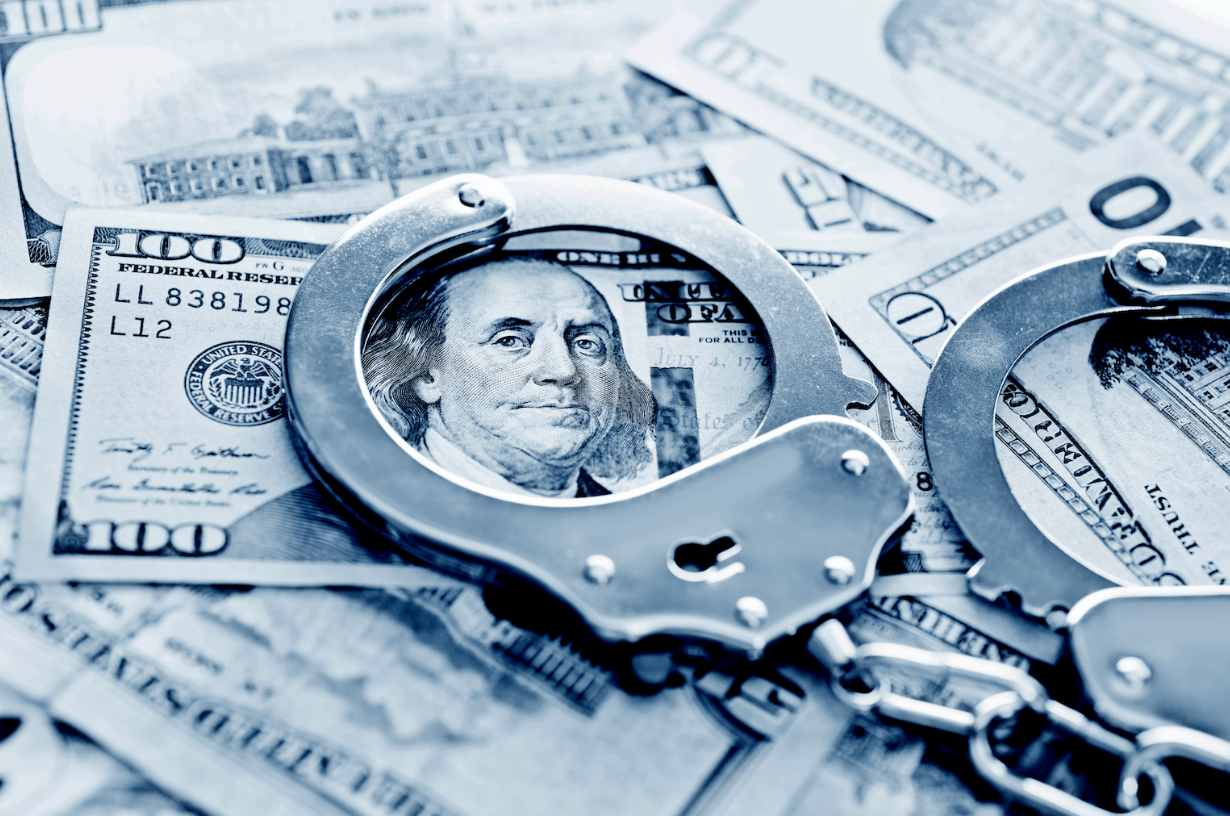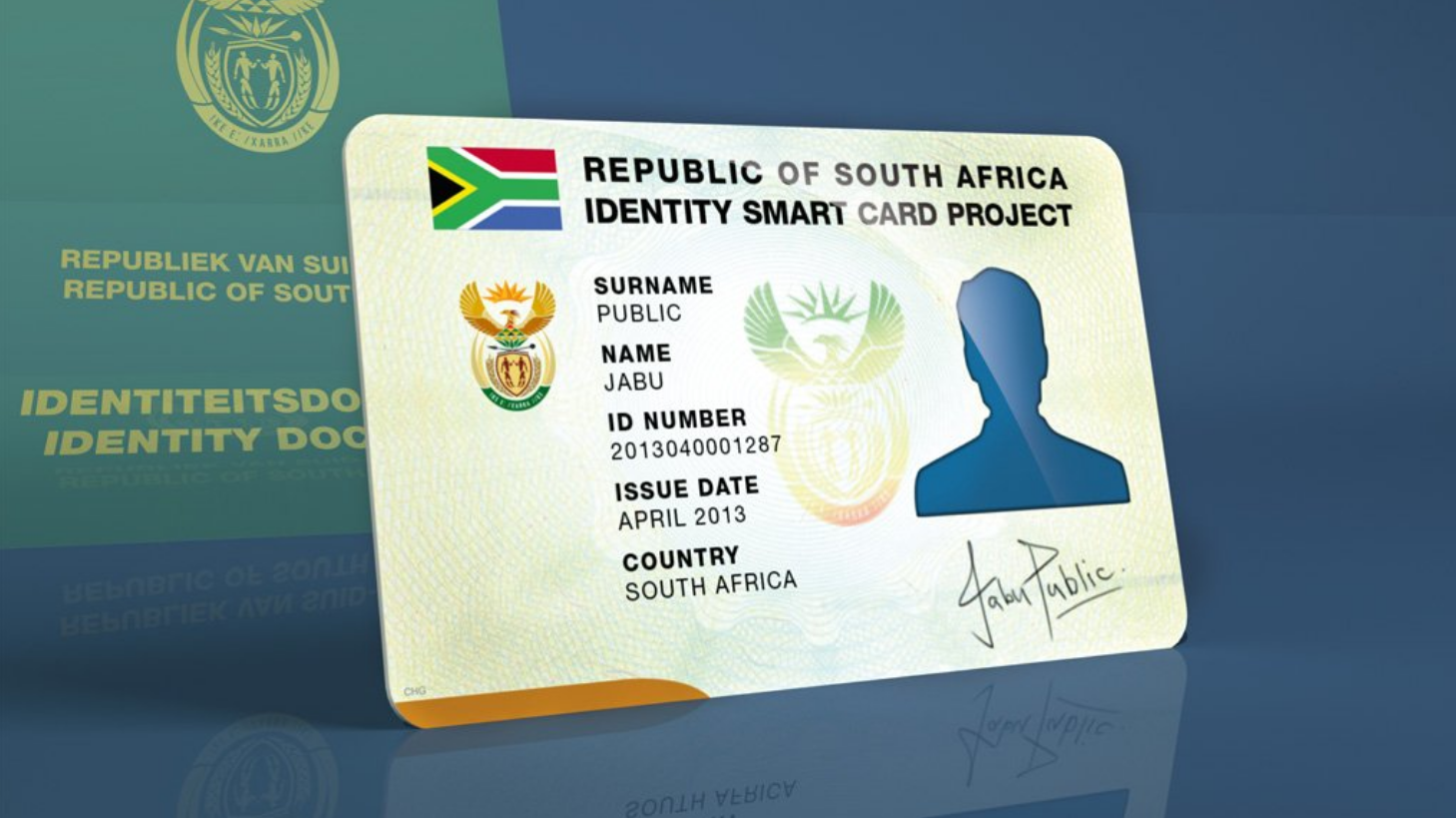By Duncan Mnisi
South Africa – South Africa is awash with purple. From profile pictures to street lights, the colour has become the rallying cry of a movement that has now gathered more than one million signatures on a petition demanding urgent action against femicide and gender‑based violence (GBVF).
The campaign, spearheaded by the digital advocacy group “Women For Change”, calls for a nationwide “Turn Purple” shutdown on 21 November 2025 – a day before the G20 Leaders’ Summit in Johannesburg.
Participants are asked to stay away from work, pause spending, and join a 15‑minute stand‑still at midday to honour the women killed every 2.5 hours in the country.
The petition, hosted has already surpassed the one‑million mark, a figure that underscores the growing frustration and determination of ordinary South Africans.
“We are turning grief into power,” said Cameron Kasambala, a spokesperson for Women For Change. “The purple tide is a visual declaration that the status quo is no longer acceptable.”
Why the colour purple?
Activists explain that purple symbolises courage, dignity and solidarity. Landmarks such as the Nelson Mandela Bridge, the Mall of Africa and the PwC tower in Gauteng have been bathed in purple light, reinforcing the message that GBVF is a national crisis that demands immediate, coordinated response.
Statistics:
- A woman is murdered every 2.5 hours in South Africa.
- In the 2023/24 financial year, 5,578 women and 1,656 children were killed, a 33.8% rise from the previous year.
- Reported rape cases reached 42,569, though experts estimate that 95% of rapes go unreported.
What the petition asks for
Swift implementation of the three new GBV amendment bills currently before Parliament.
Reactions from public figures
Celebrities and community leaders have added their voices to the chorus. Singer Tyla, actor Bonang Matheba, and activist J’Something have all changed their social‑media avatars to purple and urged followers to sign the petition and join the shutdown.
The “Turn Purple” shutdown is set to coincide with the G20 Summit, putting pressure on both national leaders and international delegates to address the human cost of GBVF. With the petition now topping one million signatures, the movement is pushing for concrete legislative action and increased funding for survivor services.
As the purple wave continues to spread, the message is clear: South Africans will no longer stay silent. The colour may be purple, but the demand is universal – an end to femicide, an end to gender‑based violence, and a safer future for every woman and girl in the country.
